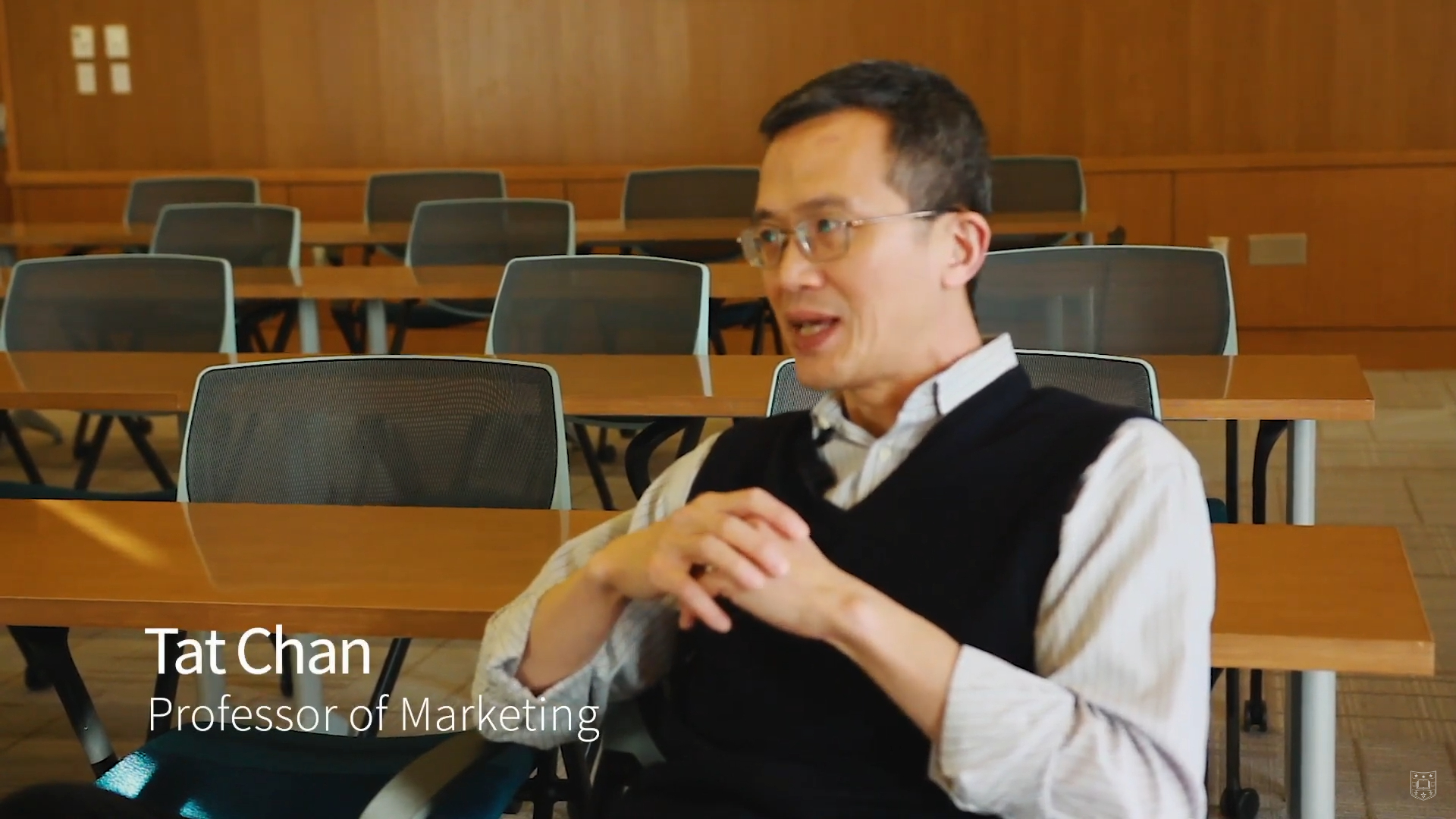Olin research: Workplace theft is contagious (and strategic)
- September 25, 2019
- By Kurt Greenbaum
- 3 minute read

Plenty of workplace research shows that people with helpful, mentoring colleagues tend to be helpful and perform better themselves.
Few researchers have looked at whether bad behavior spreads among workplace colleagues.
But now, three WashU Olin researchers have a forthcoming study of workplace theft among restaurant workers that shows, for the first time, that theft is contagious—and new restaurant workers are particularly susceptible.
“It is definitely worse than our data shows,” said Tat Chan, Olin professor of marketing. Chan and his colleagues studied an extraordinary database looking at millions of restaurant transactions, but the algorithm it used took a conservative approach to flagging theft.
While thieves tend to influence other workers to steal, the research team also found that peers are strategic about when to use their sticky fingers: If Bob is stealing a lot today, they’ll say, we’d better not steal—or everyone will get caught.
To reach their conclusions, researchers studied seven years worth of data from a restaurant point-of-sale equipment distributor covering 1,049 locations from 34 different casual dining restaurant chains in 46 states. The database included more than 5.7 million transactions involving more than 83,000 servers.
Peer influence of bad actors
The researchers used the data to gauge whether misconduct among workers spreads to coworkers. Their paper, “The Influence of Peers in Worker Misconduct: Evidence from Restaurant Theft,” is forthcoming in the journal Manufacturing & Service Operations Management.
“Bad apples with high levels of misconduct are even more costly than their individual behavior,” the authors wrote, because those bad apples negatively influence their peers to commit similar bad acts.
Chan collaborated with Olin’s Lamar Pierce, professor of organization and strategy, and Yijun Chen, a PhD student, along with Daniel Snow from the Saïd Business School at Oxford University.
Among the findings: If new restaurant workers are exposed to stealing peers within the first five months of starting their job, they are also likely to become habitual thieves.
“One important thing we show is that people learn from peers,” Chan said. “To make sure employees do not learn stealing from their peers, it’s important to influence them in the first few months."
“If they don’t know what the typical conduct is, but they see their peers steal, they will follow.”
Tat Chan
Industry scourge
The data they reviewed relied on sophisticated algorithms to flag when a transaction likely sparked misconduct. Several schemes in the industry are notorious, including “the wagon wheel scam,” in which servers transfer an item from one customer’s bill to another who ordered the same thing. Once the first customer pays the original bill, the server reprints it without the item and pockets the difference.
Other schemes involve “comping” or refunding a meal—or voiding a transaction entirely—after the customer has paid, but before the ticket is closed.
The practices are well-known among industry insiders and easily accessible online. A 2004 story in Nation’s Restaurant News pegged estimated annual food service industry losses to theft between $3 billion and $6 billion. The US restaurant market is projected to earn about $863 billion this year.
Digging through the data, the team’s research found that fully 56 percent of servers in the database committed identifiable theft at least once. Through computer simulations with the data, they found that doubling a single worker’s average theft amount would yield a 76 percent increase in a restaurant’s average loss to theft.
Not all restaurants rely on point-of-sale systems that flag potential incidents of theft. Additionally, those systems tend to err on the side of giving servers the autonomy to correct a customer’s bill or provide a free drink as compensation for a service issue. But the team’s research indicated that managerial oversight does reduce theft.
“It’s not just to catch stealing,” Chan said. “People will restrain their stealing behavior themselves if they know they are being monitored.”
Olin Research: Restaurant theft is contagious
Olin professors Lamar Pierce and Tat Chan explain the results of their research on employee theft contagion in the restaurant industry.
Media inquiries
For assistance with media inquiries and to find faculty experts, please contact Washington University Marketing & Communications.
Monday–Friday, 8:30 to 5 p.m.
Sara Savat
Senior News Director, Business and Social Sciences

